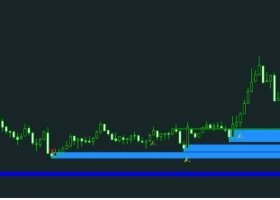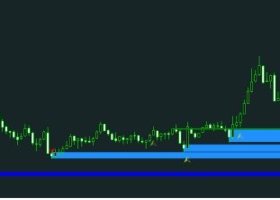
(13 September 2019) DAILY MARKET BRIEF 2:Japanese data are worrying ahead of a potential trade deal
The recent events of the week have been taken largely positively to the detriment of haven assets though. The yen is expected to show
the largest weekly loss among G10 currencies, highest in over six months against the greenback for instance (-1% week-to-date),
suggesting that things should improve for the export-reliant economy. Yet the upcoming data from trade and inflation are likely to leave a
bitter taste next week as the Japanese administration seems willing to satisfy US President Trump at great expense, making many
concessions without receiving bulletproof guarantees in return. Furthermore, time is running short as both leaders are expected to meet
during the United Nations General Assembly starting next Tuesday in New York while concrete negotiations have only just begun.
Indeed, without cosnidering the recent drop of machine orders in July of -6.60% and producer prices in August, which fell –0.90%, lowest
since December 2016 due to lower commodity prices compared to last year and more specifically crude oil, forthcoming releases of August
trade and inflation data are likely to disappoint. While exports and imports are likely to tick along -10% (prior: -1.50%) and -11% (prior:
-1.20%) respectively, marking the largest declines since October 2016, headline and core consumer prices should head towards 0.30%
(prior: 0.50%) and 0.50% (prior: 0.60%), thus keeping pressures vivid on the Bank of Japan at its monetary policy meeting next Thursday and
paving the way to further easing starting from October 2019. With regard to the latter point, we would assume that Abe's administration's
attempt to settle things by committing to avoid currency devaluation and implement tariff reductions on US agricultural products in
exchange for lower tariffs for Japanese car manufacturers, at best, is delicate. Japanese policymakers struggle to get assurance from the
White House that no tariffs hikes would occur while import quotas could also come into play. Looking at current situation, it seems that a
signature of the new trade agreement as early as next week is subdued, putting additional pressures on the export-reliant nation.
By Vincent Mivelaz


